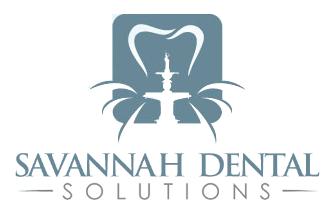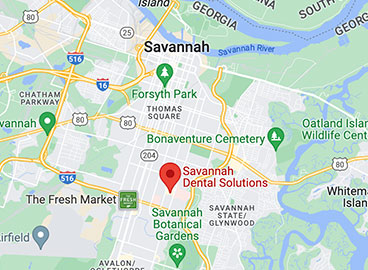
Emergency dentistry refers to the treatment of urgent dental issues. Most dentists provide this service to their patients on a need basis. Emergency dentistry covers a variety of different problems that need to be addressed right away and cannot wait until a regular appointment. Some may be truly emergent, and others may be able to wait until the next day.
Here are some examples of dental emergencies.
Severe Tooth Pain
If you or your child has a severe toothache, the kind that can’t be ignored or treated with over the counter pain relievers, you should call your dentist. A toothache typically means that the tooth is infected, most likely from a cavity that is so deep that it has reached through the enamel and into the root canal of the tooth where the nerves are. Your tooth will most likely need a root canal procedure, which involves removing all of the soft pulp from inside the tooth and filling the tooth with dental material. The tooth may also require a crown.
Your dentist may be able to see you the same day if you call during normal business hours. After hours it may need to wait until the next day depending on the severity.
Dislodged or Knocked Out Tooth
If you or your child has knocked out a tooth, first determine if it is a permanent tooth or a baby tooth. A permanent tooth should be put back into place as soon as possible or placed in a glass of milk or saliva. (A baby tooth should not be put back in the mouth). Bring the permanent tooth with you to your appointment. Your dentist will attempt to put a permanent tooth back in place. If this is not possible, you may need a replacement tooth, such as a dental implant or a bridge.
Call your dentist immediately for a knocked out tooth because time is of the essence. They will most likely see you right away.
Broken, Chipped, or Cracked Tooth
Sometimes a tooth remains in place, but gets broken, cracked, or chipped. Depending on the severity, it may be able to wait until the next day. If you are in severe pain, call your dentist right away no matter what time it is. If the break is minor, call your dentist during regular business hours. But don’t wait more than 24 hours to address it. Even the smallest chip or crack can leave your tooth vulnerable to decay.
Soft Tissue Pain
If you have severe pain in the soft tissues of your mouth, such as your gums, the inside of your cheeks or lips, or your tongue, call your dentist. You may have an abscess, which is an infected sore that forms in your mouth. Your dentist will ask you some questions to determine how severe your situation is and when to see you.
When You Should Seek Emergency Care From a Hospital
Some situations are so severe that you should go immediately to an emergency room or call 911:
- Excessive bleeding. If the dental trauma has caused excessive bleeding that won’t stop when regular first aid practices are applied, proceed to the nearest emergency room.
- Someone is unconscious or unresponsive. If the person with the dental emergency is unresponsive or unconscious, call 911 immediately.
- Trouble breathing. If the person is having difficulty breathing, call 911 immediately.
- Severe swelling that has spread over the face. If there is severe swelling that has spread to other parts of the face, such as the eyes, proceed to the nearest emergency room.
- Tooth or soft tissue pain with high fever (101+). Soft tissue pain is usually an indication of an infection. When infection is accompanied by a fever higher than 101 degrees Fahrenheit, proceed to the nearest emergency room.
Need an Emergency Dentist? Contact Savannah Dental Solutions
If you’re in need of an emergency dentist, Savannah Dental Solutions is here for you. Call (912) 354-1366 immediately and we will see you in our office as soon as possible. If you call us after hours, simply follow the prompts on the after hours voicemail and someone will contact you shortly. If the situation becomes life threatening, don’t wait for a call back. Call 911 or proceed to the nearest emergency room.
For regular, non-urgent appointments, call (912) 354-1366 or contact us. We look forward to providing quality dental care for the whole family.


